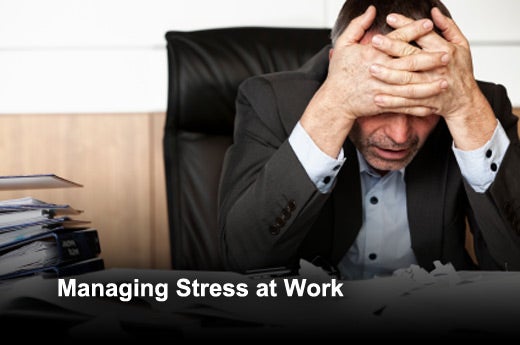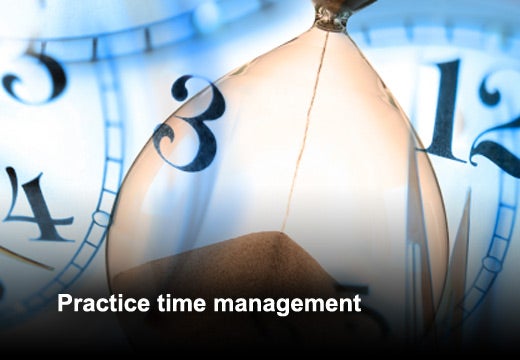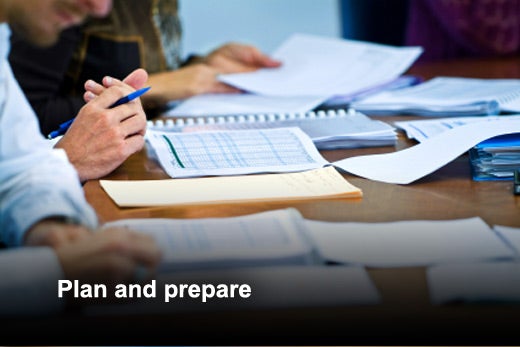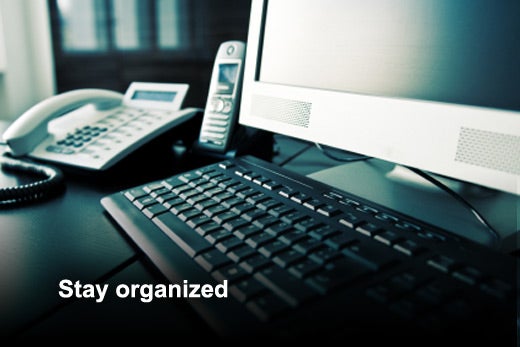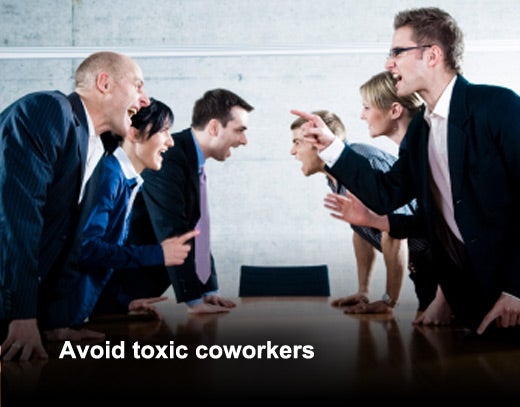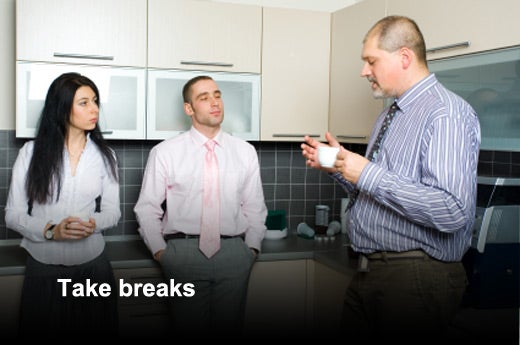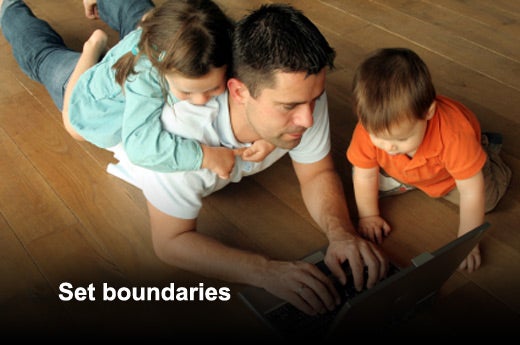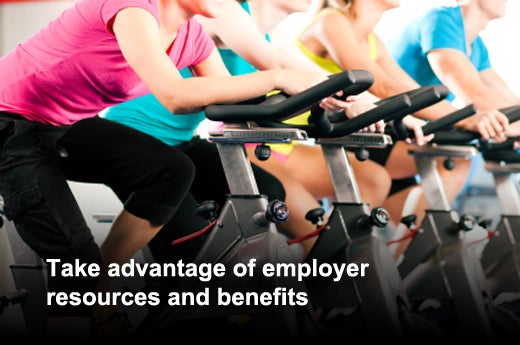
A survey that ADAA conducted back in 2006 showed that even then, workplace stress was a problem. Among the findings:
- 72 percent of people who have daily stress and anxiety say it interferes with their lives at least moderately.
- 40 percent experience persistent stress or excessive anxiety in their daily lives.
- 30 percent with daily stress have taken prescription medication to manage stress, nervousness, emotional problems or lack of sleep.
- 28 percent have had an anxiety or panic attack.
If things were that bad before the recession, imagine what they’re like now. So ADAA has identified some helpful tips for managing stress at work.
Click through for 14 tips on managing stress at work, as identified by the Anxiety Disorders Association of America.
Make to-do lists and prioritize your work. Schedule enough time to complete each task or project.
Get started on major projects as early as possible. Set mini-deadlines for yourself. Anticipate problems and work to prevent them.
Spend the extra time at the outset and save yourself a headache later when you have to redo your work.
Don’t overcommit or offer to take on projects if you don’t realistically have enough time.
If you’re feeling overwhelmed, ask a coworker for help. Later you can return the favor.
Speak up calmly and diplomatically if you have too much to handle. Your supervisor may not realize you’re overextended.
Filing and clearing your desk and computer desktop may rank low on your priority list, but they can save you time in the long run and may prevent a crisis later.
Try to ignore negativity and gossip in your workplace.
A walk around the block or a few minutes of deep breathing can help clear your head.
Try not to bring work home with you. Don’t check your work email or voice mail after hours.
Take a moment to celebrate your good work before moving on to the next project. Thank everyone who helped you.
You’ll be rejuvenated and ready to work when you come back.
Your workplace may offer an Employee Assistance Program (EAP), discounts to gyms, or skill-building courses. Learn what’s available to you.
Eat healthfully, get enough sleep, exercise regularly, and limit caffeine and alcohol. Try to keep your body and mind in shape to handle challenging situations.


